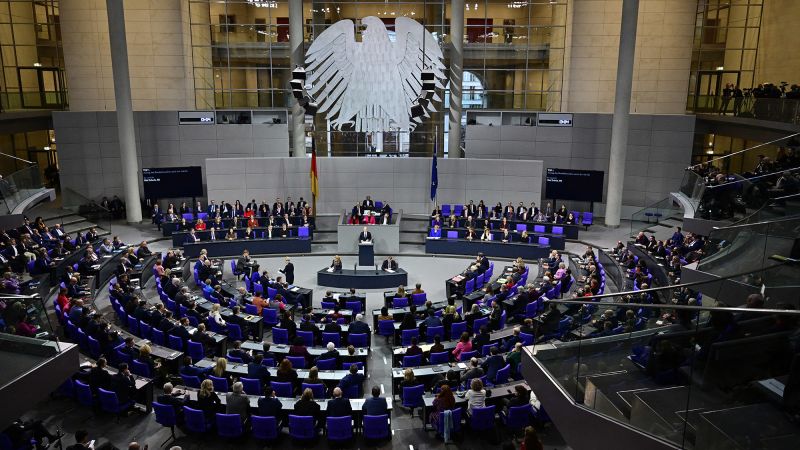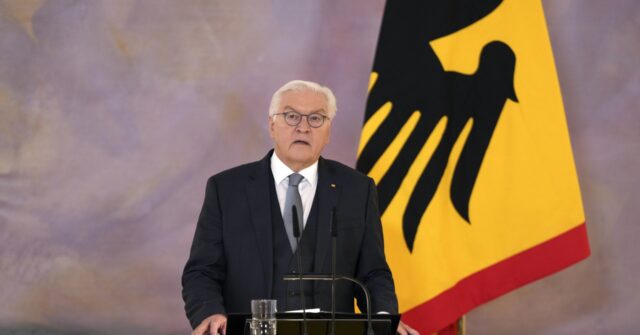German President Dissolves Parliament, Sets Early Election

The Facts
German Pres. Frank-Walter Steinmeier officially dissolved parliament on Friday and scheduled new elections for Feb. 23, following the collapse of Chancellor Olaf Scholz's three-party coalition.
Steinmeier said that early elections were the right way forward for Germany, noting the country needed "a government capable of acting." Scholz will remain in office as a caretaker chancellor until a new government is formed.
This comes after Scholz lost a confidence vote on Dec. 16, triggered by the departure of Finance Minister Christian Lindner's Free Democrats from the governing coalition.
The Spin
Narrative A
The early election is necessary to restore stability and ensure effective governance in challenging times, as Germany needs a government capable of taking decisive action with reliable parliamentary majorities to address pressing economic and social issues.
Narrative B
The dissolution of parliament reflects a failure of coalition politics and risks further political instability, while the shortened campaign period may not allow for proper debate of crucial issues facing the nation. Meanwhile, Germany’s increasing insecurity contributes to the broader crisis of leadership unfolding across Europe.











